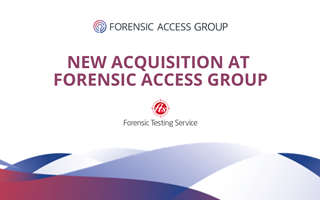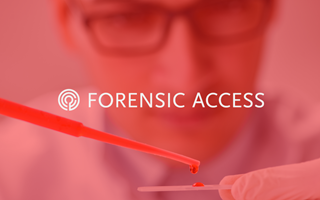News July 13, 2020 3m
The link between violence towards humans and violence towards animals is well documented, including the often-reported use of a family pet by perpetrators to exert control over their victim. Indeed, more than half of women in domestic violence shelters in the US report that they delayed the escape from their violent partner out of fear for their animals.
During the current pandemic and lockdown, it has been widely reported that calls to domestic abuse hotlines increased by 49% within the first few weeks. Given this statistic, and the link between violence towards humans and animals, it is very likely that there has been an increase of non-accidental injury (NAI) and violence towards animals at this current time. A concern which is shared by the Links Group, who are working hard to raise awareness with the animal welfare community and highlight the connection between animal and human abuse.
It might be the case that you have never represented a client charged with the injury or killing an animal or become aware of the links between animal and human abuse. Therefore, this area might present itself as a minefield as to how to review or assess any reports which have been raised.
Veterinary forensic experts will review any work done by the crown expert witness and provide comment on it. In the same way that Forensic Pathologists review work and look for signs of domestic abuse in human injury causation cases. Veterinary expert witness reports contain comment on the size and shape of injuries, potential weapons and likely mechanisms of injury. The expert will usually give an opinion on whether the injury could have been caused by the mechanism outlined in your client’s defence statement.
The work could typically include a review of the photographs of the injuries sustained, x-rays of current or old injuries, alleged animal abuse videos, crown expert reports as well as an examination of the animal itself should the need arise.
The most important thing, as with all reports, is that the questions asked by counsel and client are answered. A great forensic service provider will go one step further and help you ask questions that you might not have thought important. Reports should be quality checked and peer-reviewed to ensure that all facets of the case have been covered.
Your veterinary forensic expert witness must have court experience and be used to regularly giving evidence on behalf of both the crown and the defence in order to tackle this difficult area. This enables them to give you a truly balanced scientific view on the evidence.
A new Animal Welfare Bill, currently delayed through Parliament, when implemented could see individuals found guilty of harming an animal face up to five years in jail. This is an increase from the current six months. Therefore, recognition and understanding of the links between animal and human cruelty is becoming more important.
To find out more about forensic services offered by Forensic Access, fill-in our online contact form (add link under text) or Tel: 01235 774870 to speak with our team.


